Itchy Armpits: Causes and Treatment

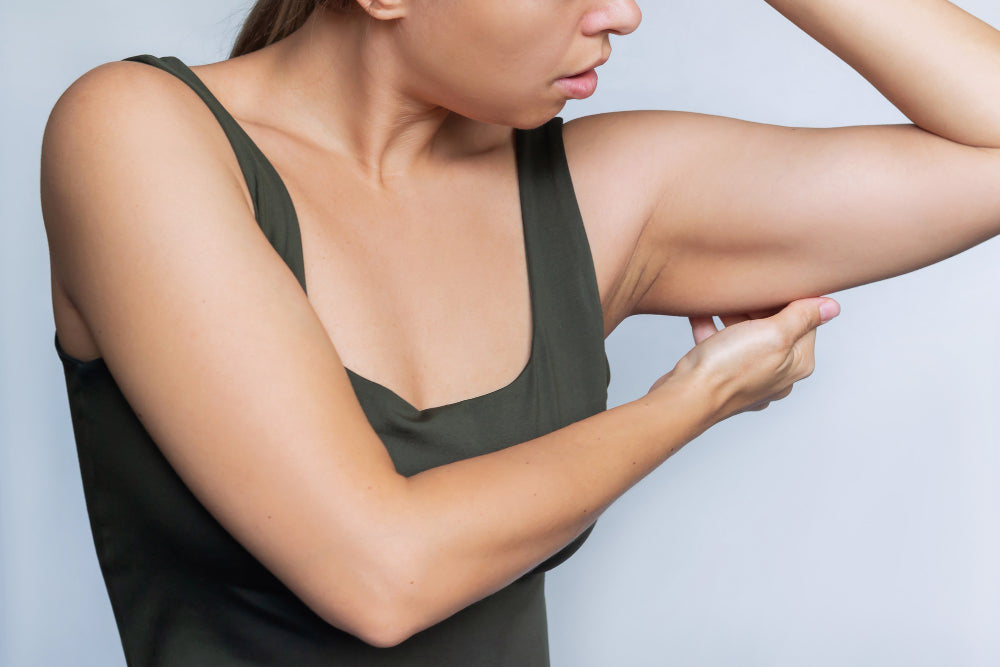
Related products
Itchy underarms often cause much difficulty throughout the day and reduce its quality. Many things can give rise to this condition ranging from simple skin irritations to complex dermatological problems. Therefore, understanding their causes and treatment options is vital for effective management of the same. Why do armpits become itchy? This article will mainly discuss the reasons why one would have an itchy armpit, look at various treatment approaches, and also give some insight into how it can be avoided by using the opinions of experts as well as recent statistics.
What are the Causes of Itchy Armpits?
The itchy armpits may be a sign of some of the underlying conditions, which are not necessarily serious. Most likely, this will be irritant contact dermatitis due to, for example, deodorants, soaps, or fabrics. Dr Andrew Thompson, a dermatologist from St. Mary's Hospital, explains, "Patients frequently present with itching due to contact allergens found in personal care products. These allergens can lead to significant discomfort and irritation."
Another common cause is a fungal infection, including candidiasis. The armpits are moist and warm, environments that are perfect for these organisms. Citing figures from the British Skin Foundation, "Fungal skin infections will affect 20% of adults at some point in their life." According to Dr Lisa Reynolds of Family Practice News, "Fungal infections are often underdiagnosed in primary care settings, yet they are a common cause of persistent itching."
Hyperhidrosis can exacerbate conditions such as intertrigo, inflammation caused by friction between skin surfaces. This condition primarily occurs below the armpits, leading to itchiness and a general feeling of discomfort. Just over 5% of the global population suffers from hyperhidrosis, which certainly forms a major causative role in the case of itchy armpits, as promulgated by the International Hyperhidrosis Society.
Treatment Options for Itchy Armpits
The itchy armpits can be treated effectively by pinpointing and treating their root cause. In the case of irritant contact dermatitis, the patient should avoid the offending substance immediately. "Patch testing can help pinpoint the specific allergens causing the reaction," says Dr Thompson. In cases where avoidance is insufficient, topical corticosteroids will be used to reduce inflammation and itching.
The major therapeutic modality in fungal infections is antifungal drugs. They can be administered through cutaneous application and oral intake, based on the presentation of the infection. According to Dr Reynolds, "Patients should maintain good hygiene and keep the affected area dry to prevent recurrence. Over-the-counter antifungal creams are often effective for mild cases."
Hyperhidrosis can also be treated by antiperspirants that contain aluminium chloride. In more severe grades, botulinum toxin injections, and in some cases, surgical procedures like sympathectomy also have to be done. British Association of Dermatologists and Dermatology treatment is to be designed to suit an individual, as hyperhidrosis can be very distressing and disturbing to everyday life. Find out more about The Top 7 Natural Deodorants That Actually Work
How to Prevent Itchy Armpits?
Proper hygiene and a choice of personal care products could prevent itchy armpits. "Going for hypoallergenic products will reduce the incidence of contact dermatitis," says Dr Thompson. Other options include wearing loose-fabric clothes to reduce sweat and friction and avoiding infections like fungi and intertrigo.
Healthy skin barrier: Avoiding skin dryness by frequent moisturizing will help to avoid itchiness that can be caused by dryness or irritation. "Patients should use moisturizers that are free from fragrances and other potential irritants," says Dr Reynolds.
When to Seek Medical Help
Although in most cases of itchy armpits over-the-counter remedies and preventive measures work well to cure the problem, medical help must be sought after, if the symptoms worsen or continue. Compulsive scratching is an indication of a deeper problem and must be evaluated and treated by a professional physician. "Early intervention can prevent complications and improve outcomes," stresses Dr Thompson.
People Also Ask
Are itchy armpits a symptom of anything?
Yes, armpits that are itchy might be an indication of different conditions e.g. irritant contact dermatitis, fungal infections, excessive sweating (hyperhidrosis) and allergic reactions. In other cases, this may also indicate something more serious like lymphoma.
What can I put on my armpits to stop itching?
To relieve itching under the arms you could try using some over-the-counter steroid creams as well as moisturizing the area to ease dryness if that is what is causing the irritation. You could also use hypoallergenic deodorants and antiperspirants to reduce irritation.
Does lymphoma cause itchy armpits?
Yes, itching can be a sign of lymphoma in the armpits. Certain chemicals secreted by the body when cancerous cells develop can cause itchy skin, especially around the underarm section.
Can stress cause itchy armpits?
Yes, sometimes stress might lead to itchiness under your arms. It may worsen skin diseases like eczema and psoriasis which cause itching. Also, stress usually makes one sweat which leads to skin irritation including itchiness on the underarms.





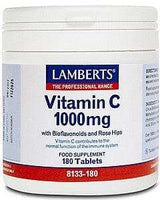















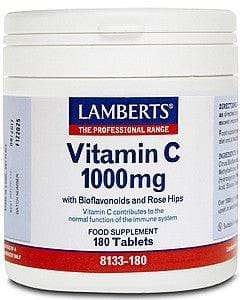
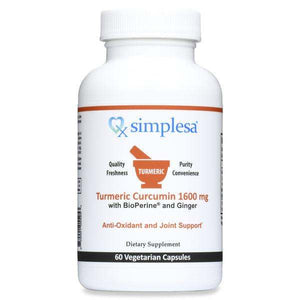














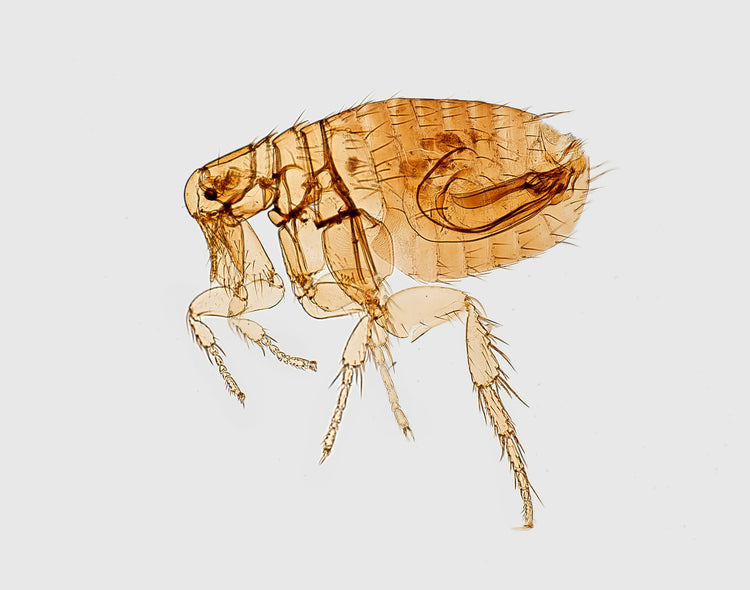


 Rated Excellent by 26,523+ Reviews
Rated Excellent by 26,523+ Reviews